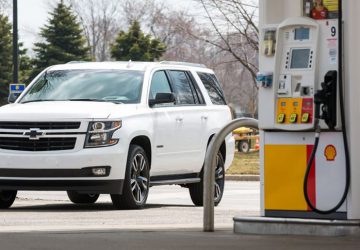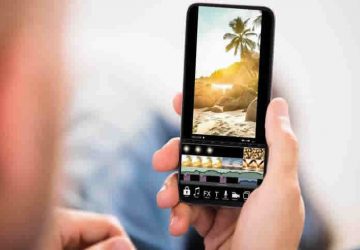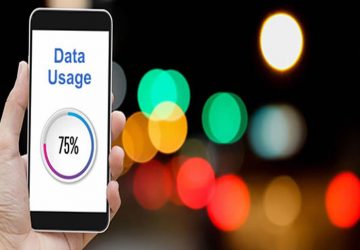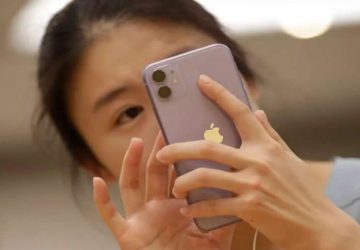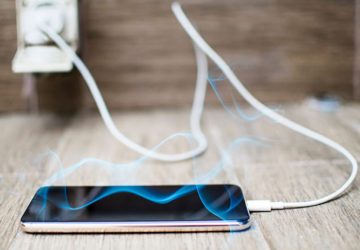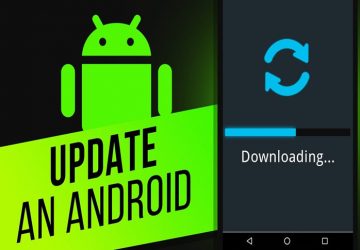Upgrade with Ease: The Ultimate 7-Step Guide to Seamlessly Transfer Data from Your Old Phone to Your New Device
There are various strategies you can employ to migrate data from an older model smartphone to a new device. Below is an updated guide including different techniques and a few practical suggestions:
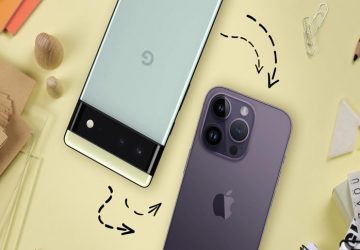
Establishing a Direct Cable Connection
Activate both the original and new smartphones.
Link the two devices with a compatible USB cable.
Select “Trust” on the screen of your old phone when it asks for permission.
On your new phone, look for the option “Copy apps & data.”
Proceed by choosing “Copy from old phone.”
Complete the data transfer by adhering to the prompts displayed on your screen.
Utilizing Cloud Storage Platforms
On your old device, conduct a backup of your data to a chosen cloud service, such as Google Drive or iCloud.
Log into this cloud service from your new device.
Proceed to recover your previously backed-up data onto the new phone.
Employing Third-Party Applications
Download a reliable third-party application designed for data transfer, such as Samsung Smart Switch, Copy My Data, or Move to iOS, on both devices.
Execute the data migration by following specific instructions that come with the chosen application.
Transferring Via SIM Card
Power off your outgoing phone.
Carefully extract the SIM card from the old handset.
Insert the SIM card into the slot provided in the new smartphone.
Power on the new device.
This method is primarily used for transferring contact details and call logs, especially when the new handset is under the same network provider.
Exploring Alternative Solutions
If your older phone is inoperative, it's advisable to back up your data to the cloud prior to its malfunction, and subsequently restore it on your new device.
Should the original phone be damaged beyond use, alternative applications for data transfer might not be an option.
Recommendations for a Smooth Transition
Ensure a full battery charge on both phones before initiating data migration.
For direct transfers, verify that the USB cables in use are functional with both phones.
Check that you have adequate storage capacity on your cloud service to accommodate the backup.
Ascertain that any third-party application you opt to use is compatible with both of your devices.
Once the data swap has occurred, conduct tests to confirm that all transferred data is functional and intact.
Common Questions and Concerns
Several types of data can be ported over, including contact lists, call logs, messages, photographs, videos, music, applications, and personalized settings.
The duration of data transfer depends largely on the volume of the data and the method employed. Typically, direct cable transfers are speedier than those conducted via cloud services.
In instances where a USB cable is not available, one can resort to cloud services for data backups and subsequent restorations.
In the case of a non-functional old device, a recommended move would be to perform cloud backups of data before the incapacity arises, allowing for restoration to a fresh device.
The optimal data transfer route is largely dependent on individual circumstances. Fluid transfers of large datasets are effectively managed by cloud services, while more compact data volumes might be more efficiently handled via a direct cable connection.
Summation
There exist various routes one can take to shift data from an aged phone to a newfangled smartphone. Selection should be made based on personal preferences and the specific requirements of the situation at hand. Should you find yourself with additional inquiries, do not hesitate to seek further assistance.
-
1

Ultimate Feast for the Eyes: Top Cooking Shows Every Foodie Must Watch!
-
2

Maximize the Lifespan of Your New Dental Implants with Expert Care Tips
-
3

Ascending with Ease: The Revolutionary Journey of Stair Lift Technology
-
4

Maximizing Your Walk-In Tub's Lifespan: The Ultimate Guide to Enhanced Performance and Durability
-
5

Unlock Bigger Savings: Master the Art of Using Your Gas Rebate Card!




